Physical Address
304 North Cardinal St.
Dorchester Center, MA 02124
Physical Address
304 North Cardinal St.
Dorchester Center, MA 02124
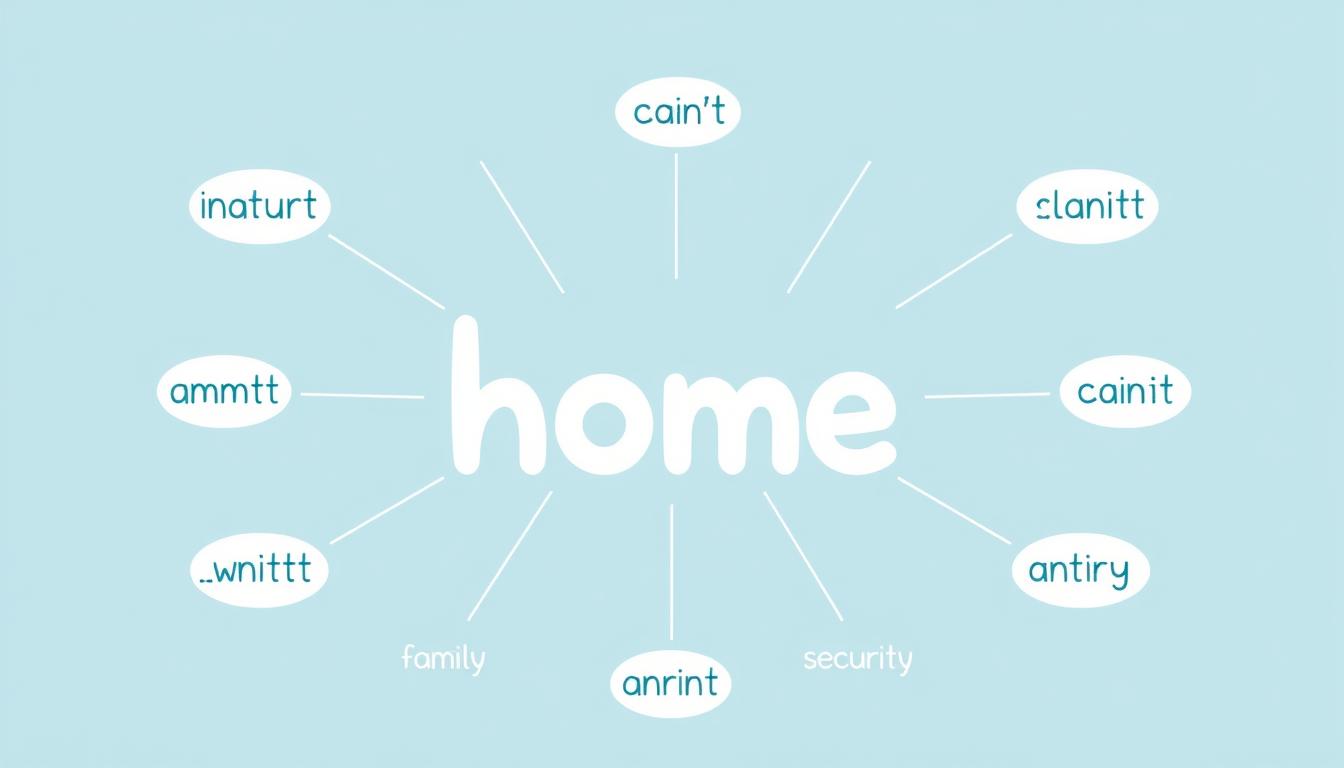
Words carry power beyond their dictionary definitions. When we choose between calling someone “stubborn” or “determined,” we’re navigating the subtle world of connotative meaning. This guide explores how connotative words shape our communication, influence emotions, and create deeper layers of meaning in everything from literature to everyday conversations.
Connotation refers to the emotional and cultural associations that accompany a word beyond its literal meaning. While a word’s denotation is its dictionary definition, its connotation includes all the feelings, ideas, and images the word evokes when used.
Understanding the difference between connotation and denotation is essential for effective communication:
| Concept | Definition | Example |
| Connotation | The emotional or cultural meaning attached to a word | “Home” connotes warmth, security, and belonging |
| Denotation | The literal, dictionary definition of a word | “Home” denotes a place where one lives |
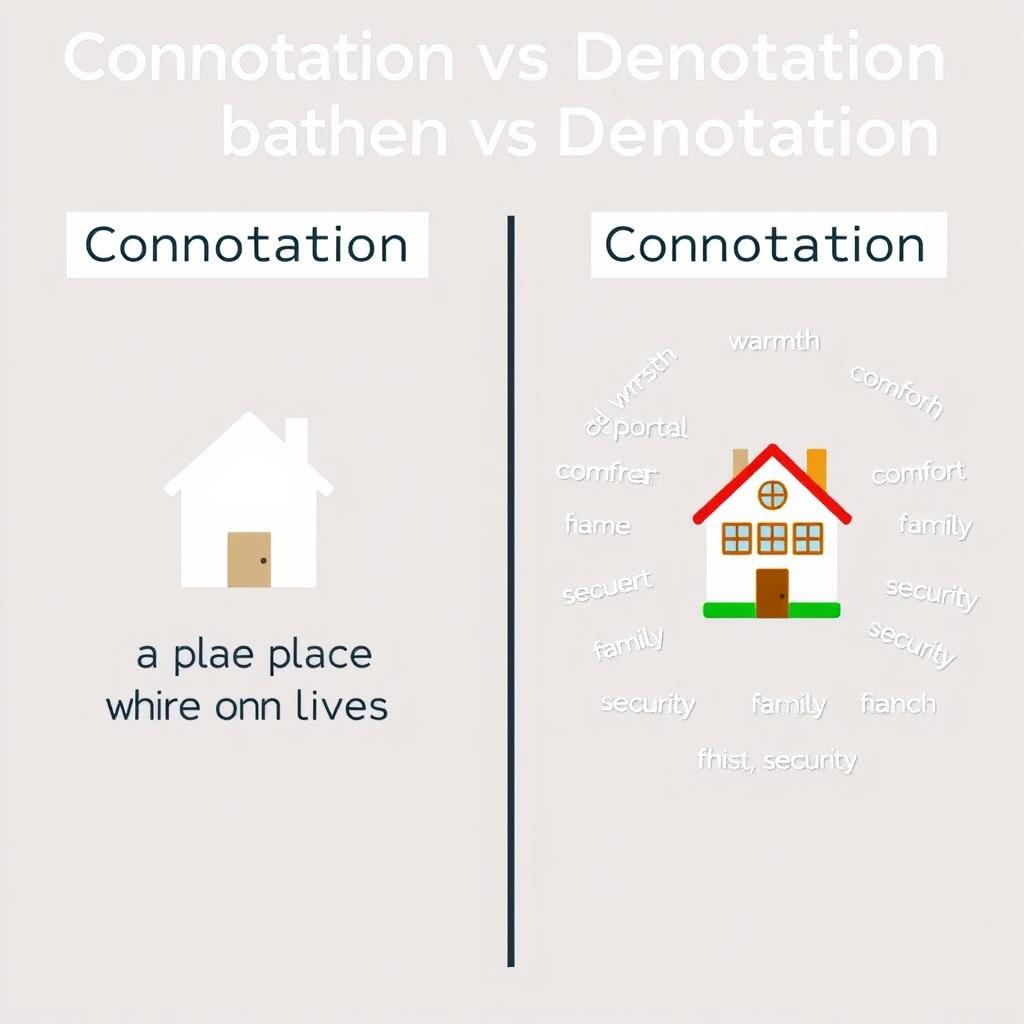
Connotations generally fall into three categories:
Words that evoke favorable emotions or associations. They make the subject appear in a positive light.
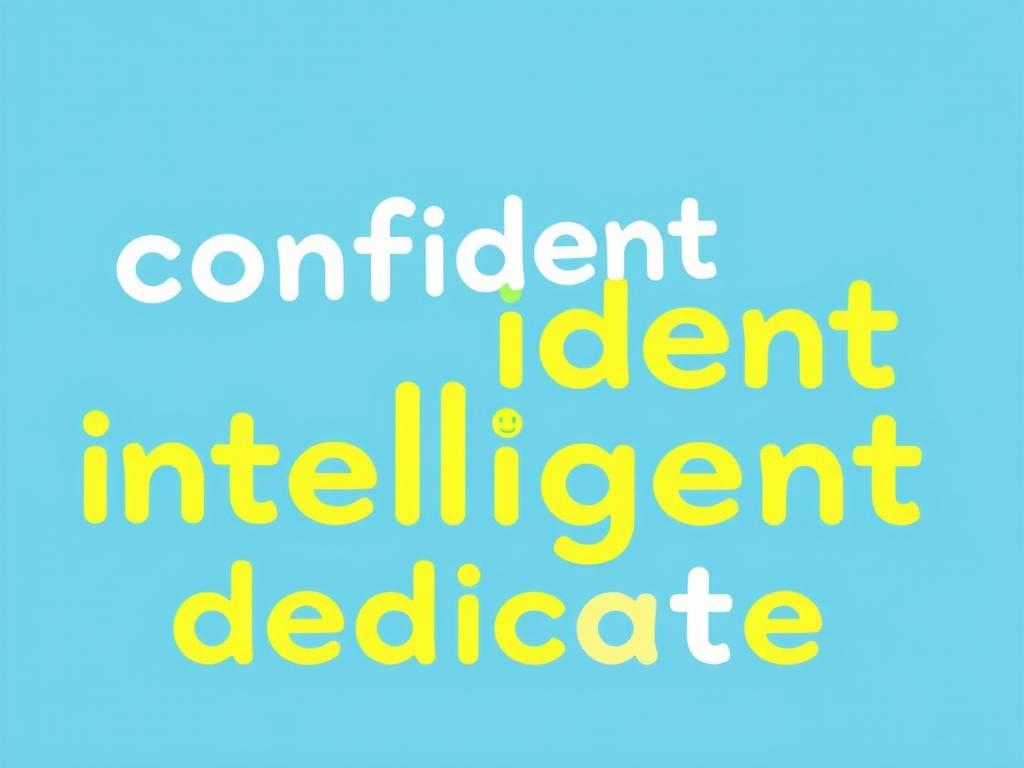
Words that evoke unfavorable emotions or associations. They cast the subject in a negative light.
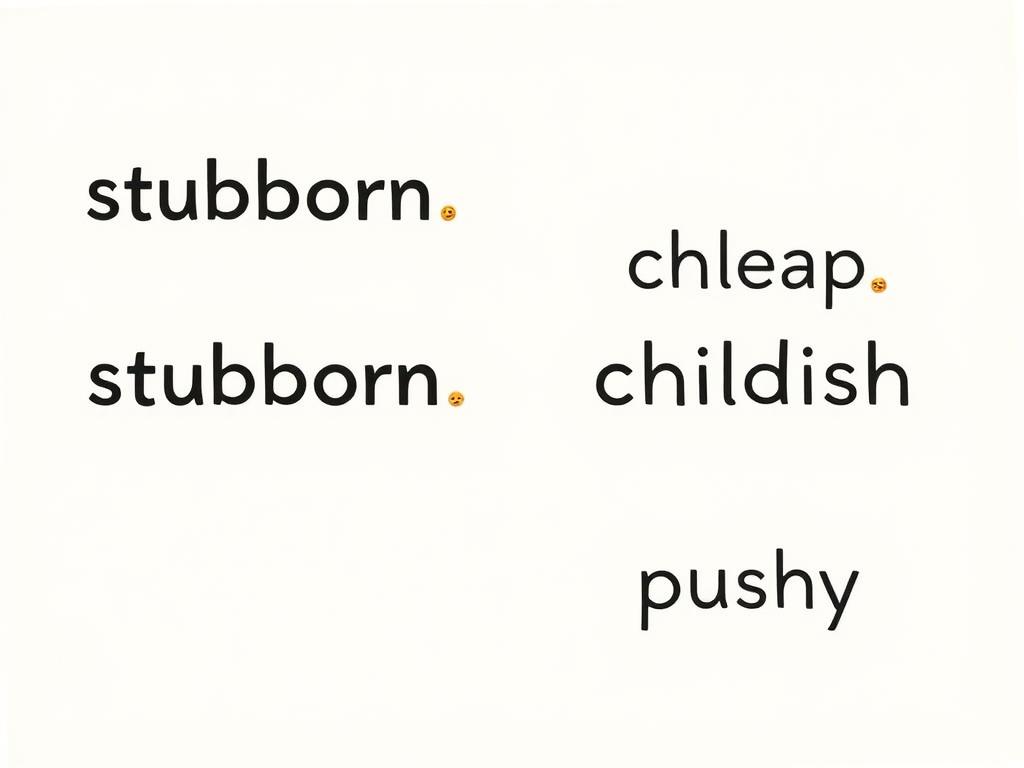
Words that carry minimal emotional associations beyond their literal meaning.
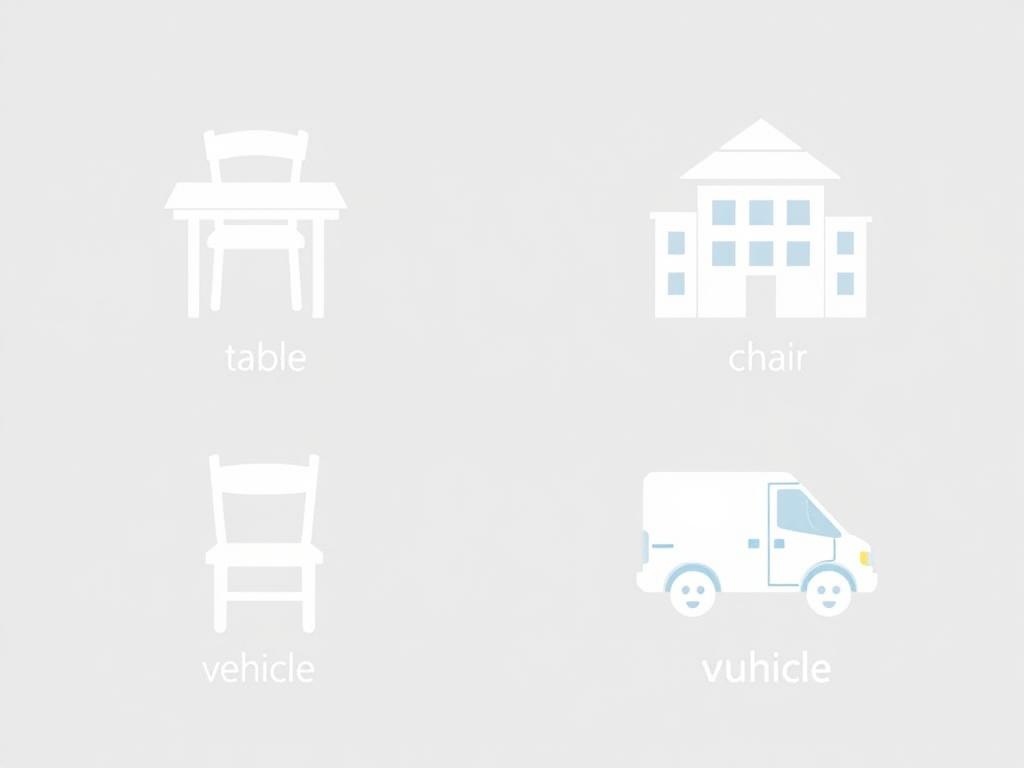
The power of connotation becomes clear when we compare words with similar denotations but different emotional impacts. Here are some illuminating examples:
| Neutral Term | Positive Connotation | Negative Connotation |
| Thin | Slender, Lithe | Skinny, Scrawny |
| Confident | Self-assured, Poised | Arrogant, Cocky |
| Curious | Inquisitive, Interested | Nosy, Meddlesome |
| Careful | Cautious, Prudent | Fearful, Timid |
| Economical | Frugal, Thrifty | Cheap, Stingy |
The same word can have different connotations depending on context:

“She has a childish sense of wonder” (positive) vs. “He made a childish remark” (negative)
Notice how the same word “childish” conveys innocence and joy in the first example but immaturity and inappropriateness in the second.
Download our free Connotative Words Cheat Sheet with 100+ examples of words with positive, negative, and neutral connotations to enhance your writing.
Connotations are deeply influenced by cultural context, historical usage, and personal experience. A word that carries positive associations in one culture might have negative ones in another.
Translation often fails to capture connotative meaning, leading to misunderstandings:
“Serpiente” (snake) has a neutral, biological connotation, while “víbora” also means snake but carries strong negative connotations of treachery.
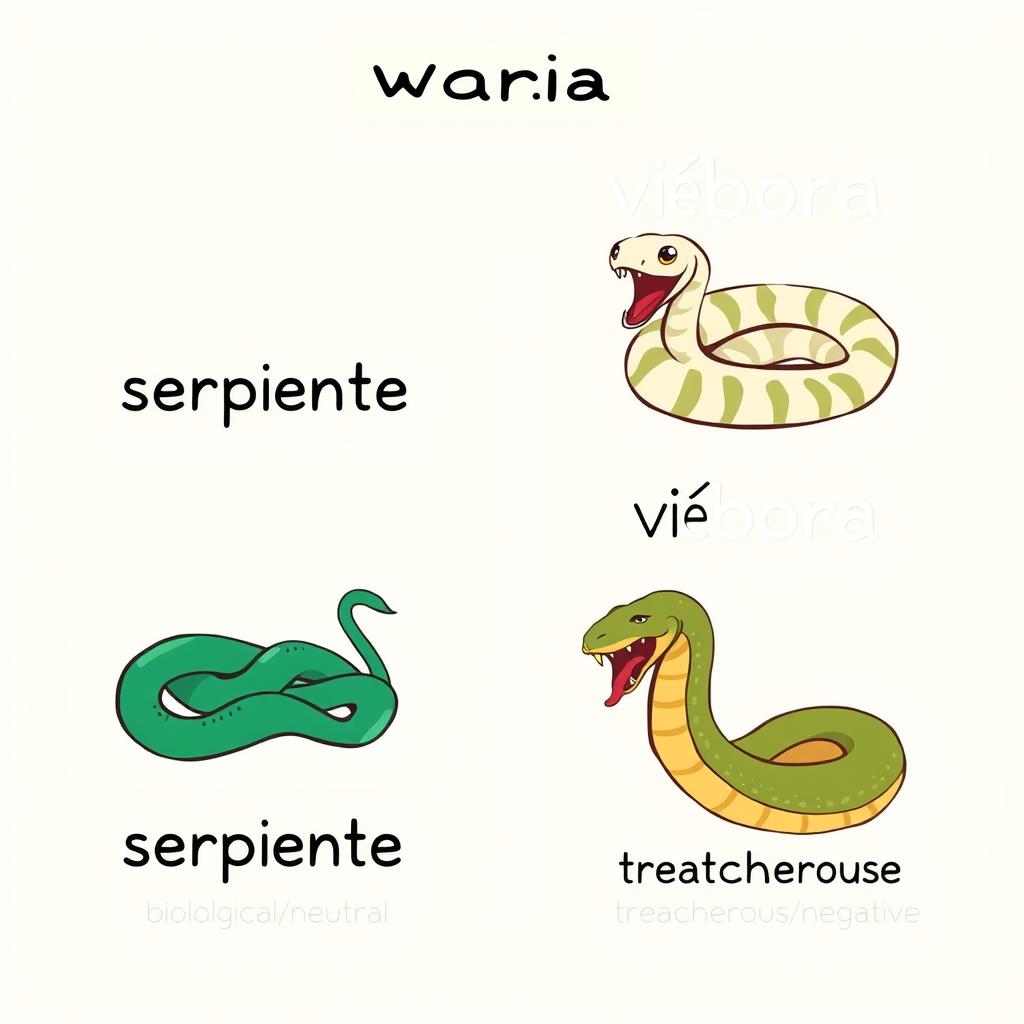
“Otonashii” can be translated as “quiet” but carries positive connotations of being well-behaved and mature, unlike the potentially negative connotations of “quiet” in English.
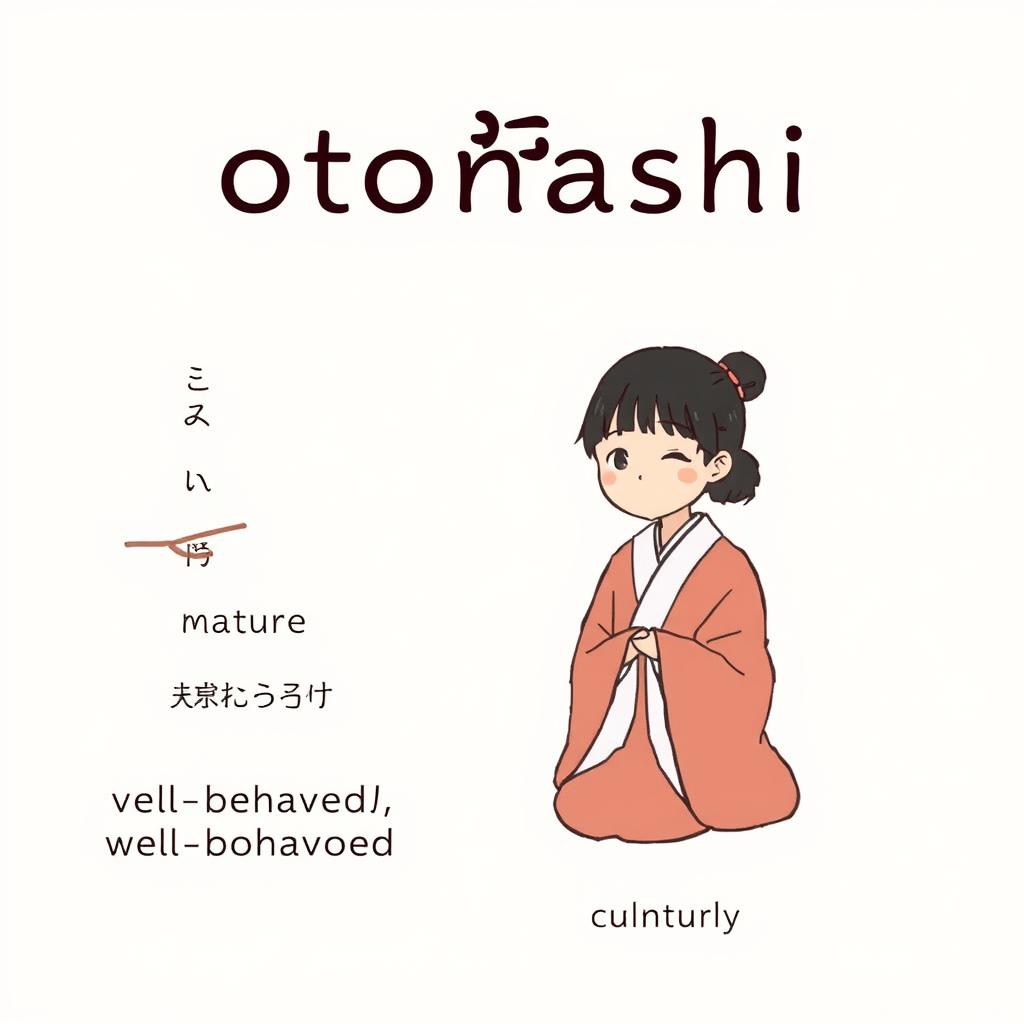
“Petit” literally means “small” but often carries affectionate connotations when used as “mon petit” (my little one), unlike the potentially diminutive connotation in English.

Translation Warning: Be cautious when translating connotative language. A direct translation may preserve the denotation but lose the connotative meaning, potentially causing miscommunication or offense.
Understanding connotation is crucial in various fields where language precision matters:
Authors carefully select words with specific connotations to create mood, develop characters, and evoke emotional responses from readers.
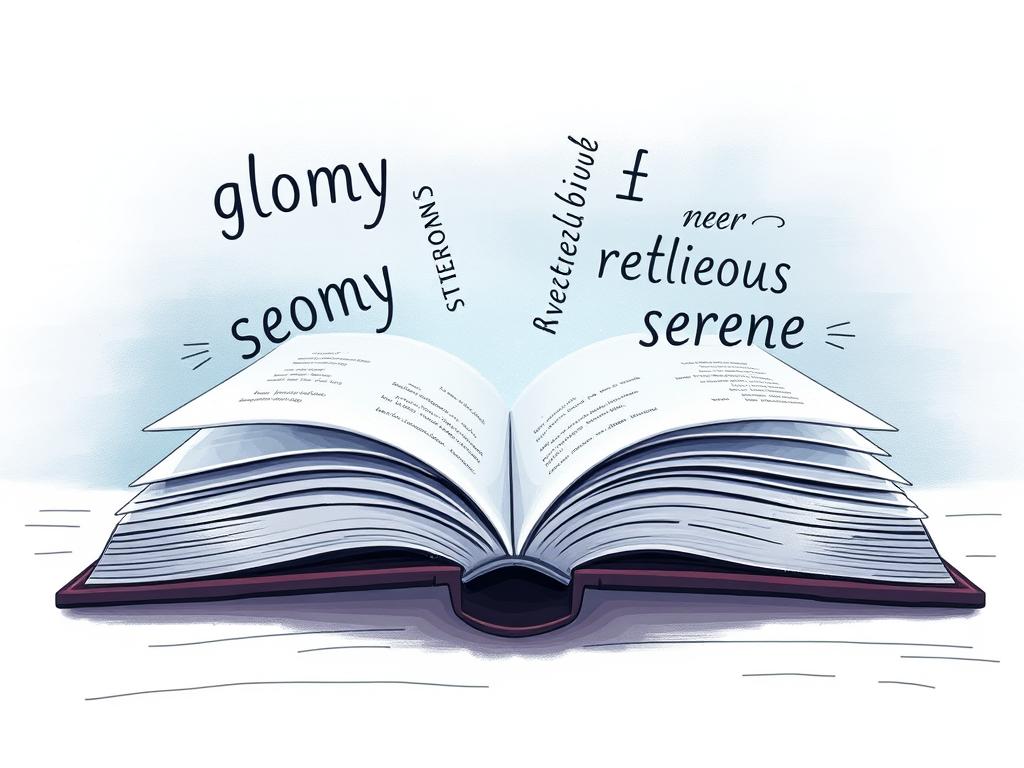
Marketers select words with positive connotations to associate their products with desirable qualities and emotions.

Politicians frame issues using words with specific connotations to influence public opinion and garner support.
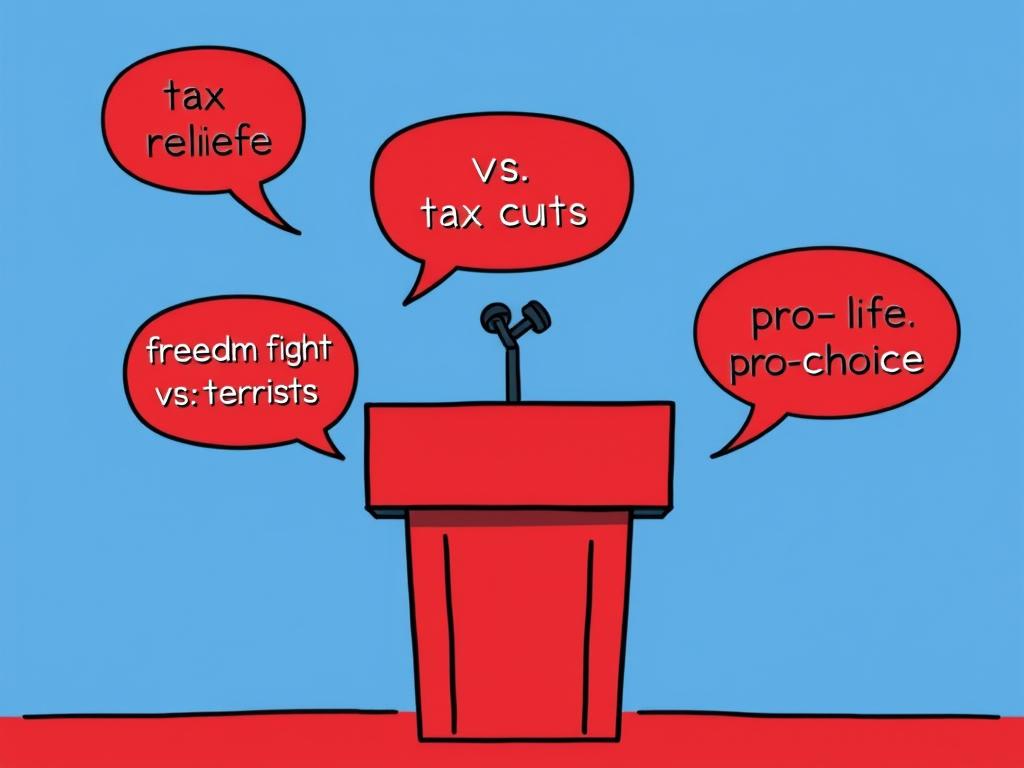
Consider how car manufacturers use connotative language to position their vehicles:
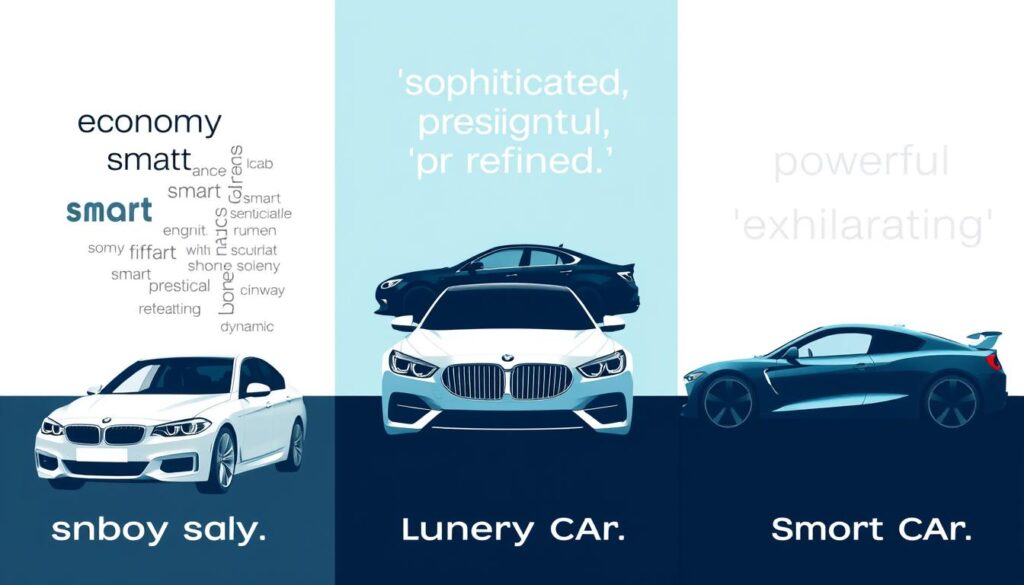
Strengthen your understanding of connotation with these practical exercises:
Replace the underlined words with alternatives that have similar denotations but different connotations:
Possible answers: 1. historic/ancient/outdated, 2. shared/rambled/lectured, 3. declined/avoided/rejected
Arrange these words on a spectrum from most negative to most positive connotation:
Frugal, Stingy, Economical, Thrifty, Cheap, Miserly
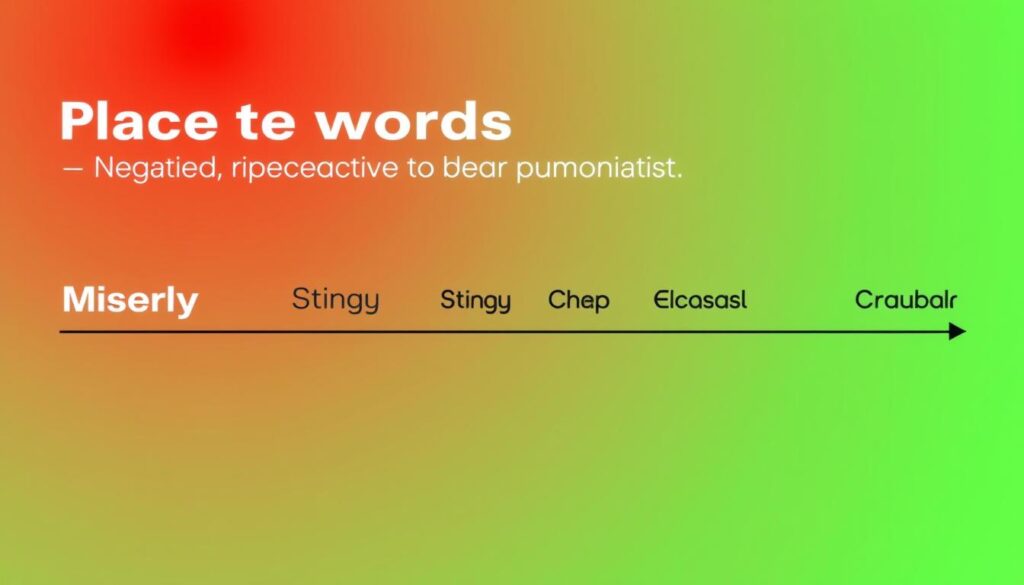
Download our complete Connotation Exercise Pack with 20+ activities to sharpen your understanding of connotative language and improve your writing.
Mastering connotative language can dramatically improve your writing and communication:
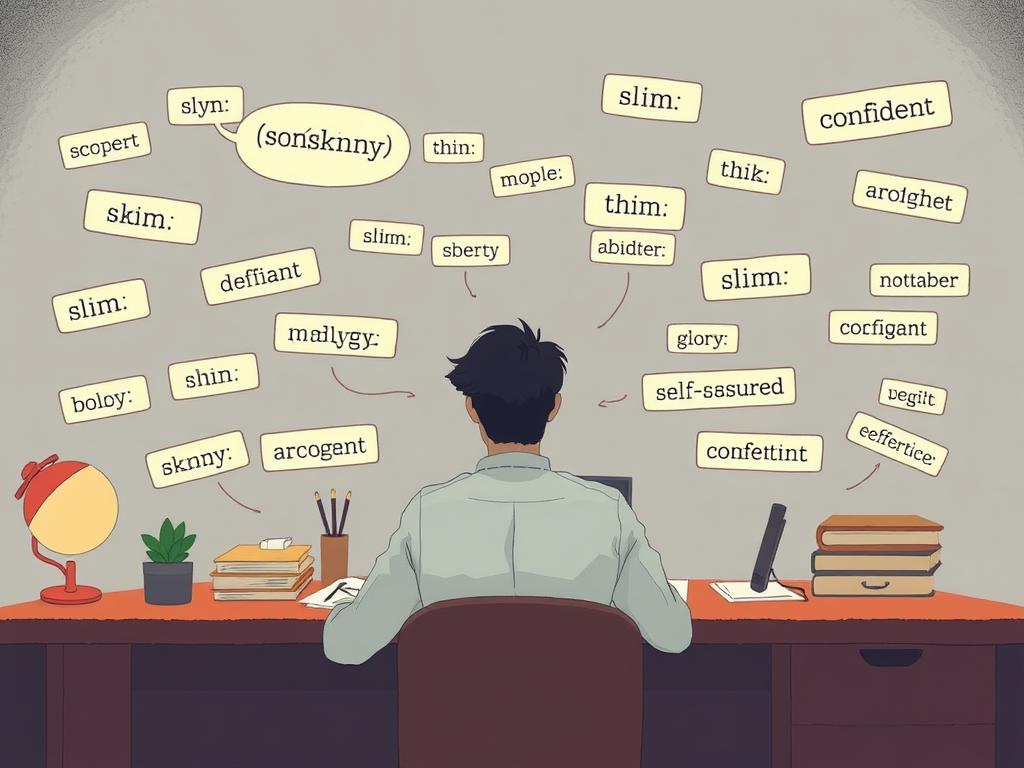
When writing for the web, connotative language plays a crucial role in engaging readers and conveying the right message:

Connotative words are powerful tools that add depth, emotion, and nuance to our communication. By understanding the subtle associations words carry beyond their dictionary definitions, we can:
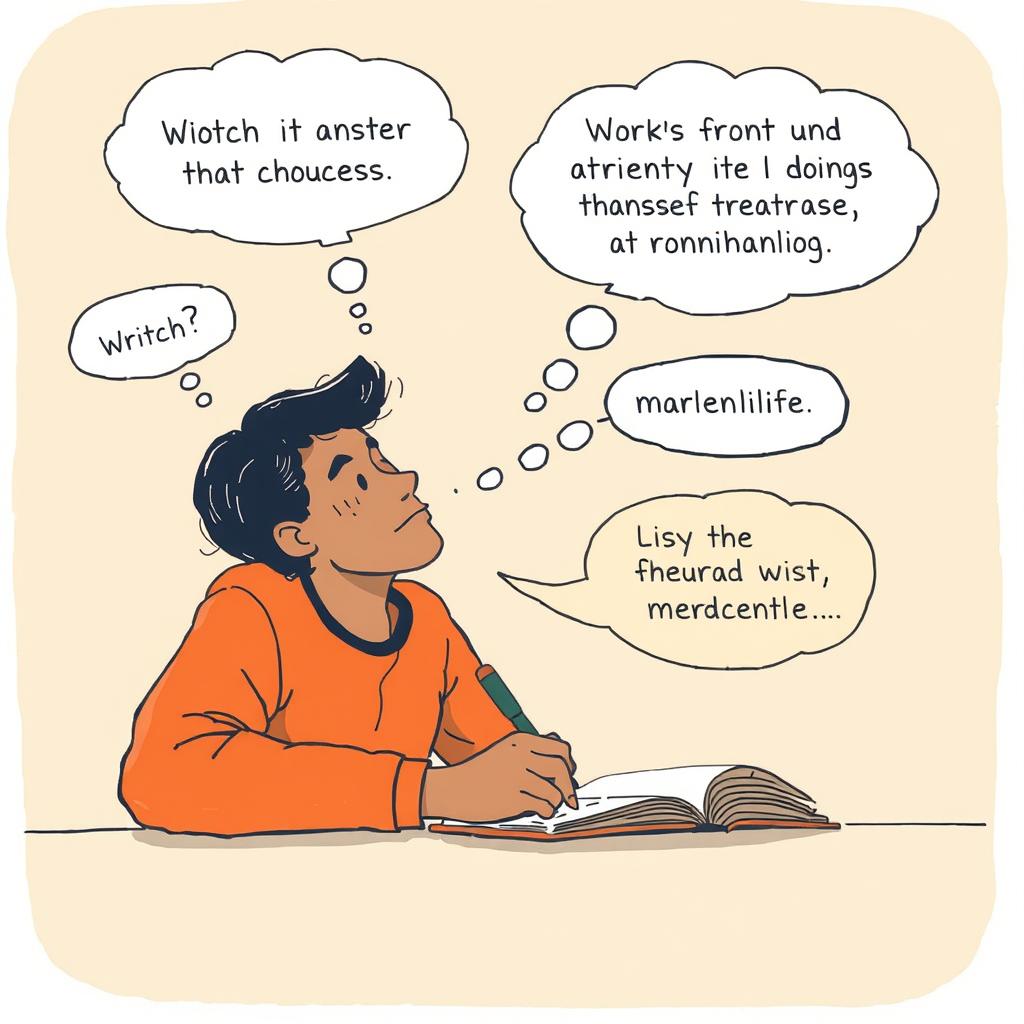
Communicate more precisely and effectively
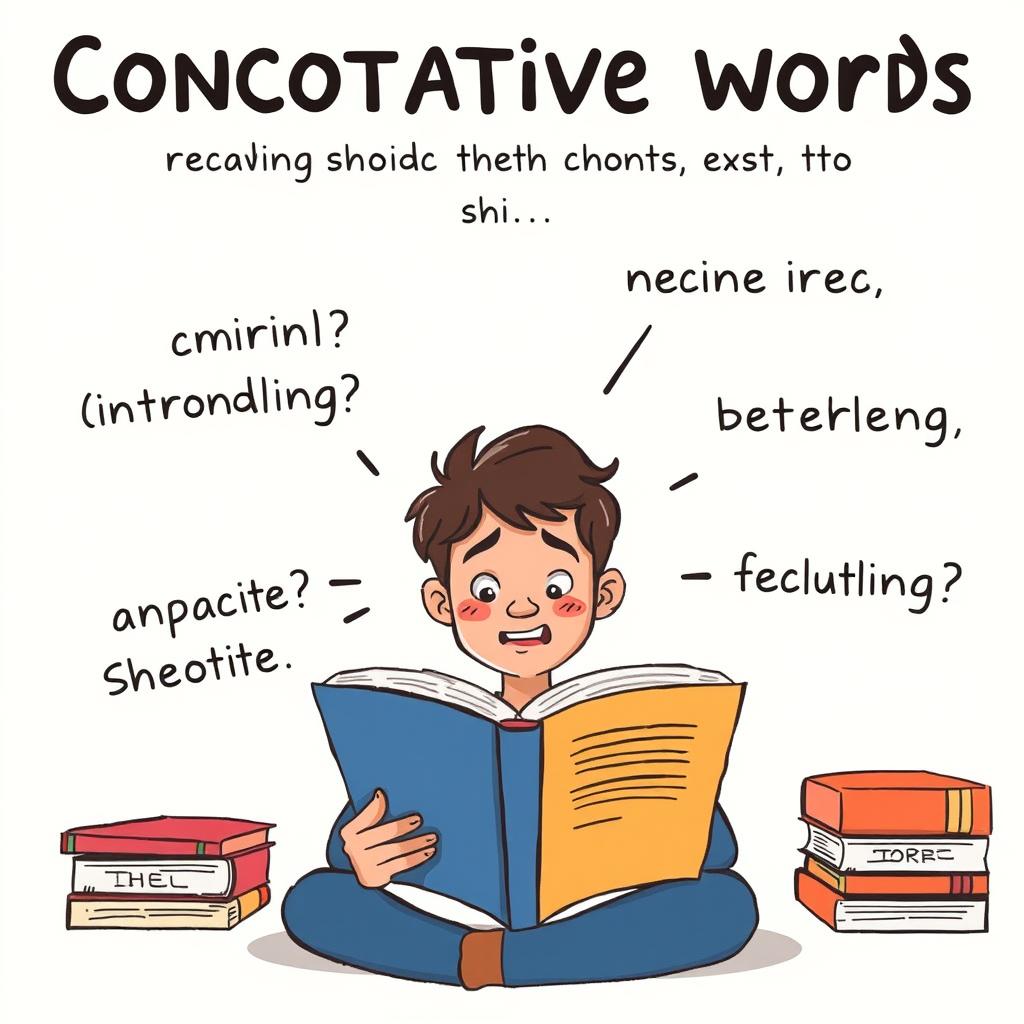
Evoke specific emotional responses in our audience
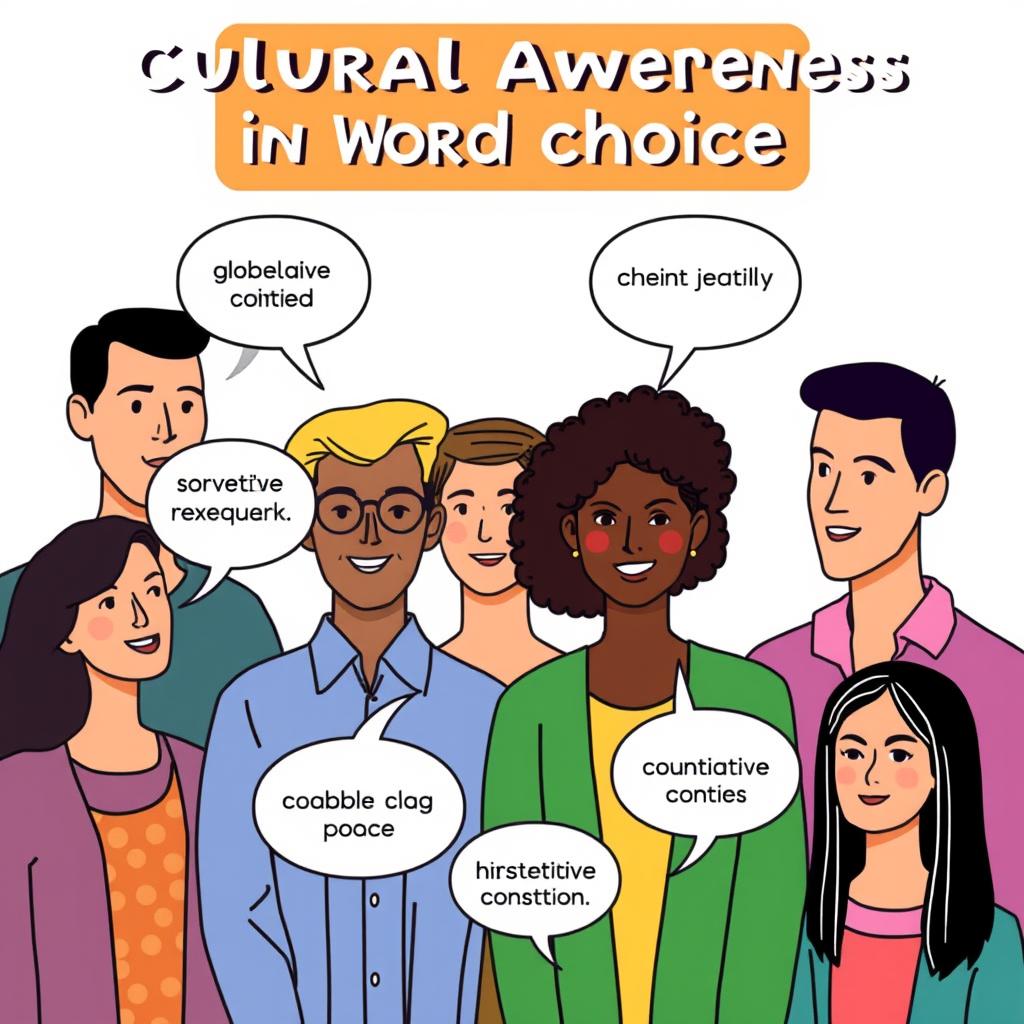
Avoid misunderstandings across cultural contexts
Whether you’re a writer, marketer, student, or simply someone who wants to communicate more effectively, developing sensitivity to connotative meaning will enhance your language skills and help you connect more meaningfully with others.
Get our complete Connotative Language Toolkit with cheat sheets, exercises, and practical guides to master the art of connotative language.